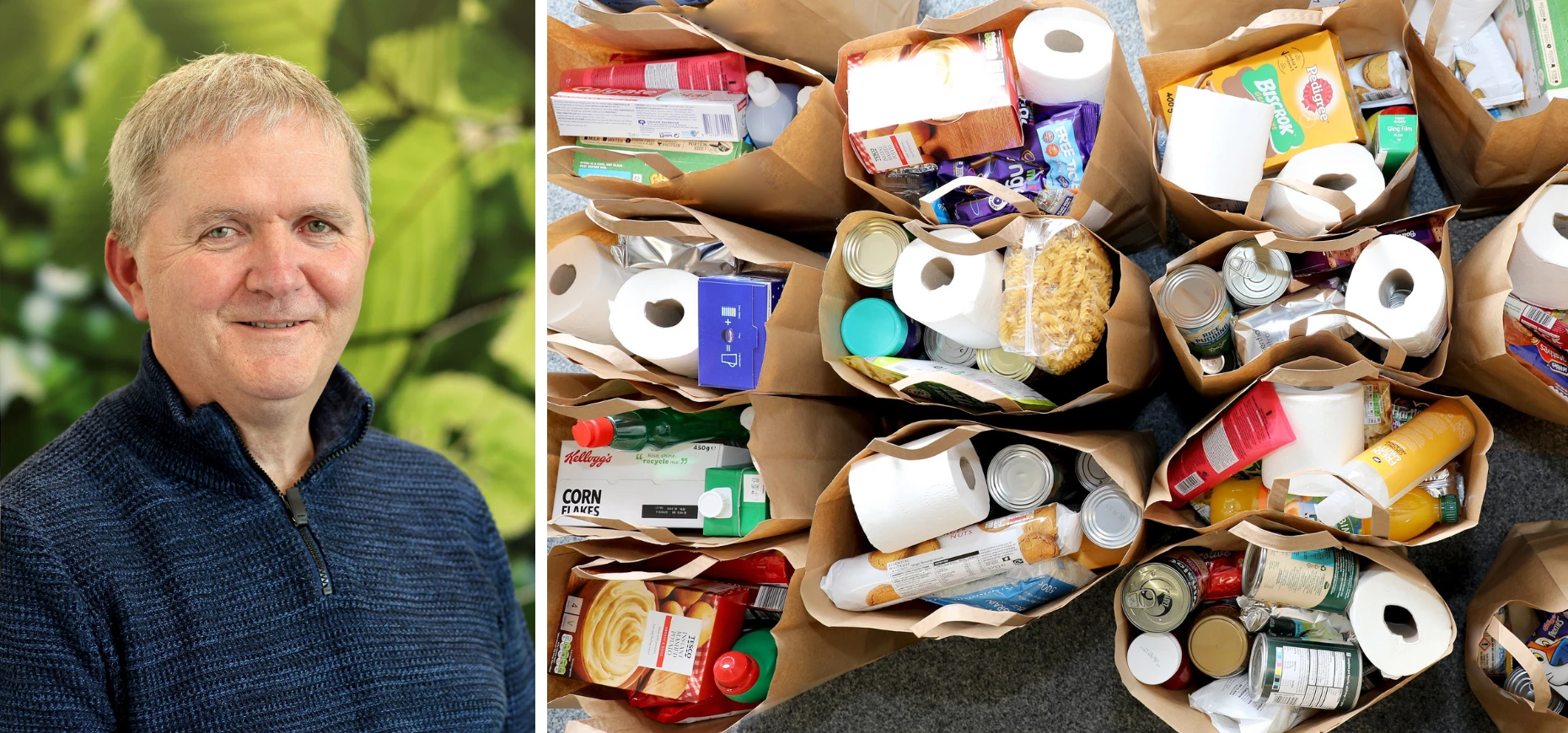
North East organisations join call for Government to guarantee essentials for low-income households
Three North East organisations have joined a national call, asking the Government to increase the basic rate of Universal Credit to cover the cost of basic essentials.
Karbon Homes, North East Child Poverty Commission and Children North East have joined a collective of 90 organisations across the country in signing a #GuaranteeEssentials letter, asking politicians to help the millions of households still going without essentials such as food and clothing, by increasing the basic rate of UC to reflect the rising costs of these items.
The letter, headed by the Joseph Rowntree Foundation and the Trussell Trust, outlines that the price increase of these everyday items, such as food, clothing and other vital household items, has soared since 2021 and, as a result, nine in ten low-income households on Universal Credit are currently going without.
Paul Fiddaman, chief executive of Karbon Homes, commented: “As a housing provider, we see, first-hand, the challenges our customers are facing each day and the importance of our social security system in acting as the safety net it’s intended to.
“That’s why we’re backing this campaign and calling on politicians to ensure that the basic rate of Universal Credit at least covers the cost of life’s essentials, with support never being pulled below that level.”
Research by JRF and the Trussell Trust published earlier this year showed how the shortfall between the basic rate of Universal Credit and the cost of essentials, such as food, bills and vital household items, is a key driver behind increasing levels of hardship.
Katie Schmuecker, JRF principal policy adviser, added: “Our social security system is meant to give us peace of mind that the support will be there when we need it. But the price of food we all need to eat and the bills we all must pay are still too often outpacing the income of those on Universal Credit, many of whom will be in work.
“We must remind political leaders that, whether they like it or not, this is driving millions of people into hardship and it is not a problem that will go away without bold and concerted action. It is time to build a system that is needs-tested, where the support people get is linked to the actual costs of essentials to meet basic needs.”
Over two thirds of people in poverty (69 per cent) would gain from the Essentials Guarantee which would benefit everyone in receipt of Universal Credit. It would also lift around 1.8 million people out of poverty altogether, including 600,000 children.
By Matthew Neville – Senior Correspondent, Bdaily
- Add me on LinkedIn and Twitter to keep up to date
- And follow Bdaily on Facebook, Twitter and LinkedIn
- Submit press releases to editor@bdaily.co.uk for consideration.
Looking to promote your product/service to SME businesses in your region? Find out how Bdaily can help →
Enjoy the read? Get Bdaily delivered.
Sign up to receive our daily bulletin, sent to your inbox, for free.






 A legacy in stone and spirit
A legacy in stone and spirit
 Shaping the future: Your guide to planning reforms
Shaping the future: Your guide to planning reforms
 The future direction of expert witness services
The future direction of expert witness services
 Getting people into gear for a workplace return
Getting people into gear for a workplace return
 What to expect in the Spring Statement
What to expect in the Spring Statement
 Sunderland leading way in UK office supply market
Sunderland leading way in UK office supply market
 Key construction developments in 2025
Key construction developments in 2025
 Mediation must be part of planning process
Mediation must be part of planning process
 From apprentice to chief financial officer
From apprentice to chief financial officer
 Don't stifle growth with apprenticeship cuts
Don't stifle growth with apprenticeship cuts
 The start-up landscape: What lies ahead in 2025
The start-up landscape: What lies ahead in 2025
 JATCO adds welcome drive to automotive sector
JATCO adds welcome drive to automotive sector